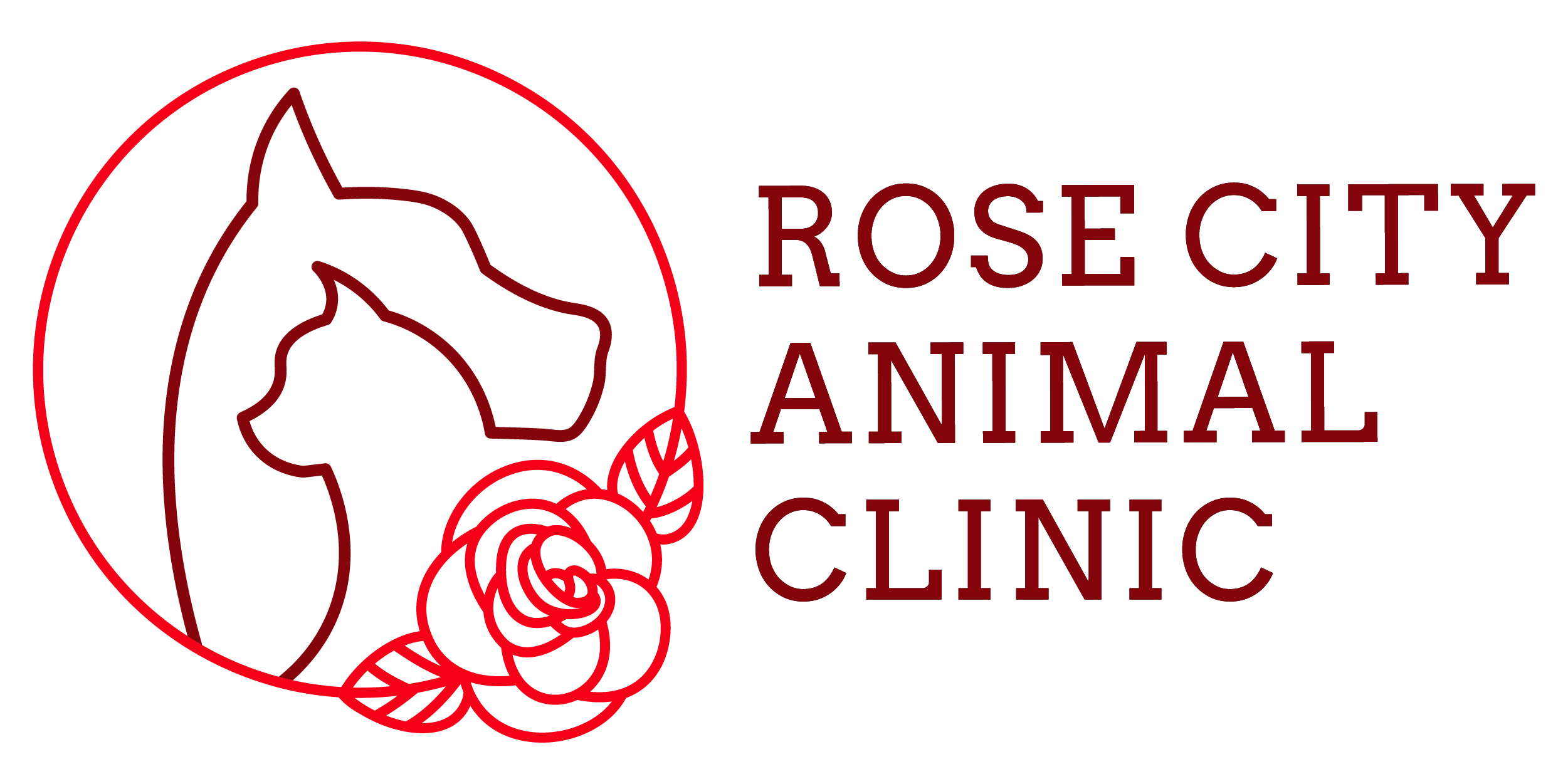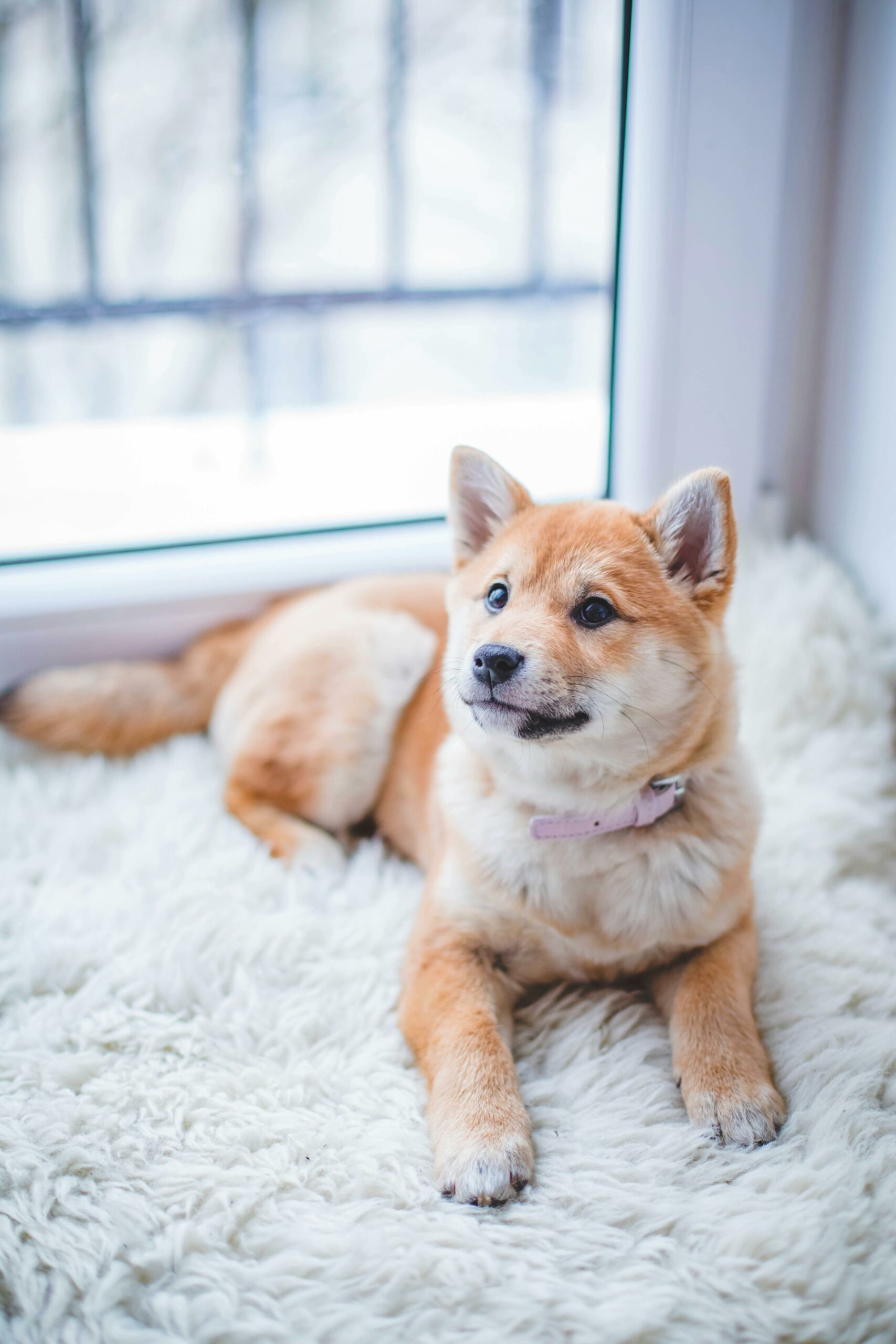Whether you’re a first-time pet owner adopting your puppy from a breeder, or you’re rescuing another pup for your pack, here’s everything you need to know about welcoming a new puppy into your home.
Weigh Your Options
Before bringing home a new puppy, consider adoption as your first choice. Shelters and rescue organizations are filled with adorable puppies needing loving homes. By adopting, you’re giving a deserving puppy a second chance at life and helping reduce pet overpopulation.
When adopting a puppy, make sure to consider their breed, size, energy level, and temperament. You should be prepared to invest time, patience, and resources into training and socialization to help your puppy become a well-adjusted family member.
FAQs About New Puppy Care
What vaccinations does my puppy need?
Puppies require a series of vaccinations to protect against common diseases such as distemper, parvovirus, and rabies. Once you bring your new puppy in, we will develop a vaccination schedule tailored to your pup’s specific needs.
How often should I feed my puppy?
Young puppies should be fed high-quality food that meets their nutritional needs. If you don’t know the best food options for them, bring them in! We can help determine what might work best for your new puppy. Overall, we recommend feeding your puppy small, frequent meals throughout the day, and then gradually transitioning them to a regular feeding schedule as they grow.
How do I potty train my puppy?
Potty training takes patience and consistency. Establish a routine for bathroom breaks, reward positive behavior, and supervise your puppy closely indoors. Accidents are inevitable, so be prepared to clean up messes and avoid punishment in the process.
What should I do if my puppy is chewing everything?
Chewing is a natural behavior for puppies, but can be frustrating for pet owners. To help them stop ruining all your furniture, get them plenty of chew toys and discourage chewing on things they shouldn’t have by redirecting your puppy’s attention and offering praise for chewing on approved items.
Things to Consider Beyond the Basics
Socialization
One of the best things you can do for your puppy is to expose them to various people, animals, environments, and experiences during their critical socialization period. This is typically between 3 and 14 weeks of age. Positive interactions during this time can help prevent behavioral issues later in life.
Healthcare Maintenance
In addition to vaccinations, your puppy will need regular veterinary check-ups, parasite prevention (such as flea, tick, and heartworm control), and spaying or neutering.
Training and Behavior
Invest time in obedience training, leash walking, and basic commands to establish a strong bond with your puppy and promote good manners. Don’t forget that puppy kindergarten or obedience classes to reinforce positive behaviors can be great options for your energy-filled pup!
Budgeting
Owning a puppy comes with financial responsibilities, including food, vet care, grooming, supplies, and unexpected medical expenses. Create a budget to ensure you can provide for your puppy’s needs not only at the beginning of their life, but as they age!
At Rose City, we’re here to support you every step of the way on your puppy parenting adventure. From preventive healthcare to behavioral guidance, our team is dedicated to helping your puppy thrive.
Our main priority is to make sure they are fit and well. In the first few days of having your new puppy, bring them in! We’ll make sure that they don’t have any fleas, intestinal parasites, heart murmurs, schedule their vaccine appointments.




